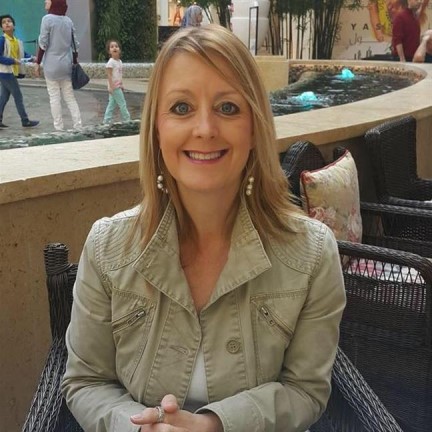Bio: Tracey Warren is currently a postdoctoral research associate on an ESRC funded project within the Developmental Intergroup Processes (DIP) Lab (CLES) until the end of June 2022. Tracey is interested in research focusing on inclusion, diversity and equity in education and enjoys her time researching in schools, talking with parents and other stakeholders about their experiences within the education sector.
Having graduated with an EdD in December 2021 I was considering my future employment options as prior to writing up the thesis I had worked in pretty intensive education leadership positions, both internationally and within the UK. After nearly five years of studying I really wasn’t sure what to do next: a postdoc or return to leadership posts within the primary or special education sector. The post was advertised over the winter break and certainly hit all my interest requirements so I submitted an application.
The postdoc with the ESRC funded project ‘Bystander reactions to the intergroup exclusion of immigrants among British children and adolescents,’ under the guidance of principal investigator, Professor Adam Rutland, has certainly provided me with plenty of challenges, stretching my organisational skills, drawing on my knowledge within education and schools, as well as developing me as a researcher. The Bystander project set out to inform educational policy and practice within schools which would encourage students to challenge discrimination, through social exclusion, and promote positive peer relationships. The project has drawn from the Social Reasoning Developmental (SRD) approach to social exclusion.
Since I took up post at the beginning of February 2022 a large part of my role has been liaising with schools, NGOs, practitioners (such as educational psychologists) and academics to set up seminars and workshops to disseminate the findings of this four-year project. Along with these events there has been the opportunity to work within a project team to review the research findings, coding survey responses, discuss publications and further research study designs related to the initial project findings.
The role has also allowed me the opportunity to develop my own research ideas which have taken me into primary and secondary schools in and around Exeter to interview children and young people about their ideas on bystander responses. The focus groups and interviews are currently being transcribed and will inform a further study by another member of the project team, Ayse Sule Yuksel, that will take place during the second half of the summer term 2022.
Although the Bystander project is coming to the end of ESRC funding, the work continues as the team attend conferences to disseminate the work and articles are drafted, submitted and reviewed for academic publication. If you are interested in the Bystander project findings you can find out more from the seminar and workshop at the Institute of Education on Friday 17th June, 2022 https://www.eventbrite.co.uk/e/creating-inclusive-schools-research-and-practice-tickets-324353087817, through the DIP Lab website https://blogs.exeter.ac.uk/diplab/projects/bystander-project/ and publication of the first article “Perceived Similarity and Bystander Self-Efficacy Increase the Likelihood of Youth Challenging the Exclusion of an Immigrant Peer” (in press) in https://issbd.org/
#research #psychology #education #inclusion #ESRC #bystander #bystanderresponses #schools #schoolsupport #immigrants #educationalpsychology #academicchatter #academia

